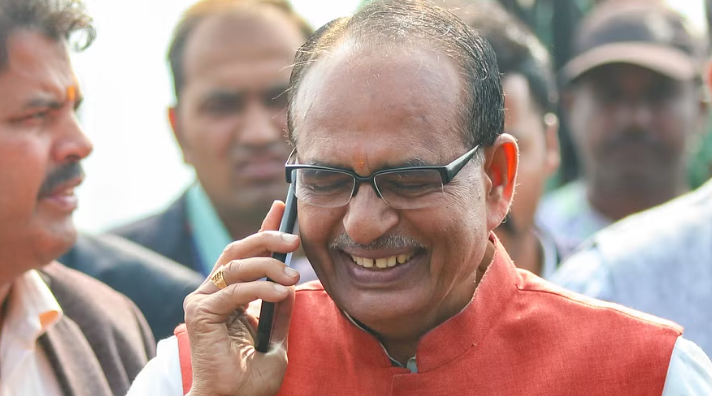Giving Farms Their Due (GS Paper 2, Governance)

Introduction
- Under Prime Minister Narendra Modi's third term (Modi 3.0), the agriculture and rural development sectors have received significant attention, reflecting a renewed commitment to transforming these critical areas.
- The appointment of Shivraj Singh Chouhan, with his extensive experience as the longest-serving Chief Minister of Madhya Pradesh, underscores the government's high priority for agriculture and rural development.
Key Initiatives and Developments
PM-KISAN Scheme Continuation:
- The Modi 3.0 government reaffirmed its commitment to the PM-KISAN scheme with a major decision to distribute Rs 20,000 crore.
- This scheme, which provides direct cash transfers to farmers, is crucial for financial support and will continue to be a central component of agricultural policy.
Approval of New Agricultural Schemes:
The Union government has approved seven new schemes aimed at various aspects of agriculture:
- Digitalisation of Agriculture: Initiatives include the digitisation of land records, farmers’ identity cards, and other key data.
- Crop Science and Food Security: Focus on enhancing crop science to ensure food and nutrition security amidst climate change.
- Horticulture: Investments to improve nutrition and profitability through advanced horticultural practices.
- Livestock Health: Strategies for sustainable and profitable livestock management.
- Natural Resource Management: Measures for climate resilience and environmental conservation.
- Agricultural Education: Enhancement of skills and knowledge through agricultural education and Krishi Vigyan Kendras (KVKs).
These schemes represent a comprehensive approach to addressing various challenges in agriculture and rural development.
Digitalisation of Agriculture
Steps and Objectives:
- Identification of Farmers: The initial step involves accurate identification and classification of farmers, distinguishing between owner-operators and tenants.
- Data Integration: Effective digitalisation requires the integration of multiple data sets, including information on crop types, insurance status, fertiliser usage, soil health, and subsidy receipt.
- Triangulation of Data: Linking data, such as soil health cards with fertiliser purchases, can lead to more efficient use of resources and significant cost savings.
Impact:
- The digitalisation of agriculture has the potential to deliver substantial returns on investment, with benefits including improved efficiency, better resource management, and enhanced public resource utilisation.
Rural Development Initiatives
Rural Housing:
The government has announced plans to construct an additional 20 million houses in rural areas. This initiative aims to:
- Create Jobs: Generate employment opportunities for masons, carpenters, electricians, and other construction-related professions.
- Improve Living Conditions: Enhance dignity and hygiene for rural populations by providing quality housing.
Rural Roads:
An investment of Rs 75,000 crore under the PM-Gram Sadak Yojana has been announced. This investment is expected to:
- Boost Agri-GDP: Improve access to markets, leading to increased agricultural productivity and economic growth.
- Alleviate Poverty: Enhance connectivity and access to services, which can reduce poverty levels in rural areas.
Conclusion
- The Modi 3.0 administration's focus on agriculture and rural development through significant investments in digitalisation, climate-resilience, housing, and infrastructure brings renewed hope to these sectors.
- By addressing both the challenges and opportunities in agriculture and rural development, these initiatives aim to foster sustainable growth, enhance livelihoods, and ensure that the benefits of economic progress are widely shared.
- These efforts reflect a strategic approach to transforming rural India, aligning with broader goals of economic development and social equity.


